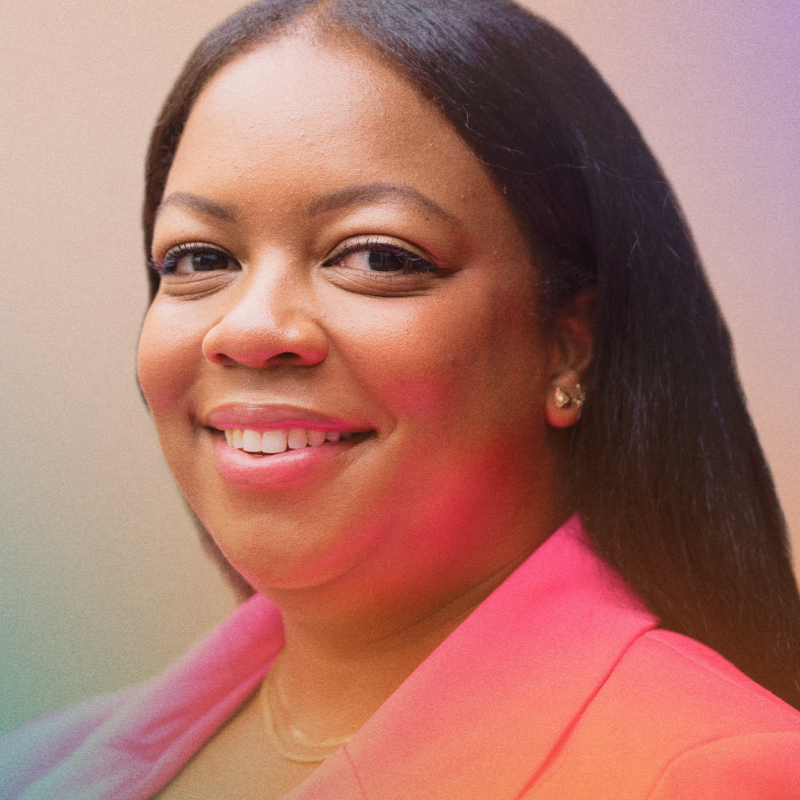Getting Closer on Dot Org?
Over the past few months, we’ve raised concerns about the Internet Society’s plan to sell the non-profit Public Interest Registry (PIR) to Ethos Capital. Given the important role of dot org in providing a platform for free and open speech for non-profits around the world, we believe this deal deserves close scrutiny.
In our last post on this issue, we urged ICANN to take a closer look at the dot org sale. And we called on Ethos and the Internet Society to move beyond promises of accountability by posting a clear stewardship charter for public comment. As we said in our last post:
One can imagine a charter that provides the council with broad scope, meaningful independence, and practical authority to ensure PIR continues to serve the public benefit. One that guarantees Ethos and PIR will keep their promises regarding price increases, and steer any additional revenue from higher prices back into the dot org ecosystem. One that enshrines quality service and strong rights safeguards for all dot orgs. And one that helps ensure these protections are durable, accounting for the possibility of a future resale.
On February 21, Ethos and ISOC posted two proposals that address many concerns Mozilla and others have raised. The proposals include: 1. a charter for a stewardship council, including sections on free expression and personal data; and 2. an amendment to the contract between PIR and ICANN (aka a Public Interest Commitment), touching on price increases and the durability of the stewardship council. Ethos and ISOC also announced a public engagement process to gather input on these proposals.
These new proposals get a number of things right, but they also leave us with some open questions.
What do they get right? First, the proposed charter gives the stewardship council the veto power over any changes that PIR might want to make to the freedom of expression and personal data rules governing dot org domains. These are two of the most critical issues that we’d urged Ethos and ISOC to get specific about. Second, the proposed Public Interest Commitment provides ICANN with forward-looking oversight over dot org. It also codifies both the existence of the stewardship council and a price cap for dot org domains. We’d suggested a modification to the contract between PIR and ICANN in one of our posts. It was encouraging to see this suggestion taken on board.
Yet questions remain about whether the proposals will truly provide the level of accountability the dot org community deserves.
The biggest question: with PIR having the right to make the initial appointments and to veto future members, will the stewardship council really be independent? The fact that the council alone can nominate future members provides some level of independence, but that independence could be compromised by the fact that PIR will make all the initial nominations and board appointment veto authority. While it makes sense for PIR to have a significant role, the veto power should be cabined in some way. For example, the charter might call for the stewardship council to propose a larger slate of candidates and give the PIR board optional veto, down the number of positions to fill, should it so choose. And, to address the first challenge, maybe a long standing and trusted international non profit could nominate the initial council instead of PIR?
There is also a question about whether the council will have enough power to truly provide oversight of dot org freedom of expression and personal data policies. The charter requires that council vetoes of PIR freedom of expression and data policy changes require a supermajority — five out of seven members. Why not make it a simple majority?
There are a number of online meetings happening over the next week during ICANN 67, including a meeting of the Governmental Advisory Committee. Our hope is that these meetings will provide an opportunity for the ICANN community to raise questions about the dot org sale, including questions like these. We also hope that the public consultation process that Ethos and ISOC are running over the coming week will generate useful ideas on how these questions might be answered.
Mozilla will continue to keep an eye on the sale as this unfolds, with a particular eye to ensuring that, if the deal goes ahead, the stewardship council has the independence and authority needed to protect the dot org community.


